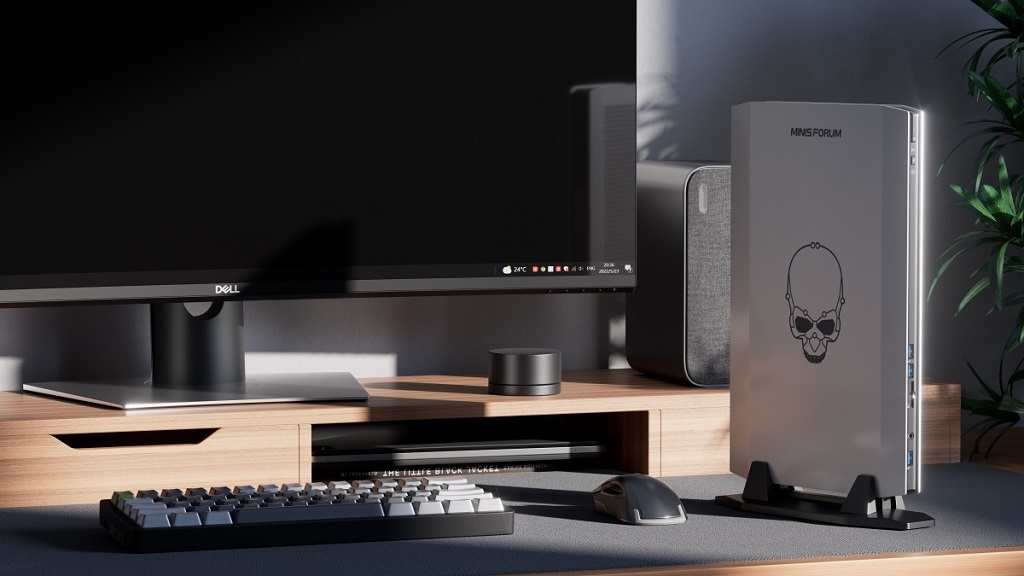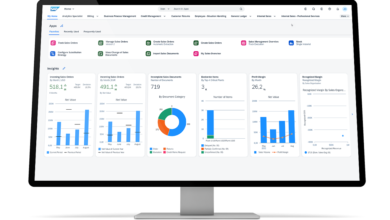
Google is devoting many rresources and efforts to everything that has to do with Artificial Intelligence for its products and services, with the aim of not being left behind in its competition against OpenAI and Microsoft in this field. Thus, to the measures that it has already taken is added a possible redesign of its search engine to give it more power and versatility with the help of AI.
Google’s plans for its search engine go through making it more visual, personal, simple and human. The direction in which Google plans to take it, moreover, is to show fewer links to web pages and more to short videos and relevant content on social networks as a result of the requests made by its users. In this way, TikTok videos and Instagram images and videos can start to populate Google search results in a not too long time.
According to the Wall Street Journal, Google also intends to make the search experience on its engine more of a conversational process, not just based on one question. Google wants that after displaying an answer, the search engine asks follow-up and narrowing questions, so that users can find exactly what they are looking for.
These and other changes are already in development, under the umbrella of a project known as Magi. Apparently they will be announced at the next Google I/O developer conference, scheduled for May 10. At the event, the company is also expected to announce new hardware devices, including the Pixel Fold smartphone. The first tests of the changes to the search engine are already in the internal testing phase for Google employees, and there are plans to roll them out to the general public towards the end of this year.
Bard AI for Google Workspace accounts
As for Google’s response to ChatGPT, Bard has had a pretty decent track record so far, mostly because he hasn’t had scenes of inaccuracies and AI hallucinations like ChatGPT has. Perhaps because he has not been so widely available. For example, although it was accessible to part of the general public, although through a waiting list, it was not accessible to Google Workspace accounts.
But finally, this is going to change from now on, since the company has decided, after officially launching it in March, to make Bard AI is available to users with Google Workspace accounts. This is how it appears in the official log of changes and news from Google Bard, which shows that access for Workspace accounts to Bard AI is already open. Of course, to gain access it is necessary for Workspace administrators to activate Bard for their domains.
Of course, the waiting list for the public who wants to use Bard also applies to Workspace users. According to the company, Bard’s configuration options for managed Workspace accounts will begin to appear in the coming days, under the Early access apps section. For now, Bard will be the only product that will appear in this block of options, but Google has indicated that it may add others in the future.
Notice to Google: open source AI developers are going to leave company-developed ones behind
As Google advances its integration and availability of AI, another AI-related threat looms over the company. But also about the rest of the companies focused on its development. According to warns one of their engineers, they are not well placed to win the AI raceand could lose it with respect to AI than other developers, dedicated to open source software, can make available to the public. But not only them, but also the rest of the companies.
In a document leaked to the Internet, this engineer points out that the company has sinned by looking over its shoulder at OpenAI, and ensures that they are not going to win this race. But neither will OpenAI, pointing to what he calls “a third faction” as the one that will come out on top: the open source community.
The engineer points out that open source AI developers are already getting ahead of them, and cites as an example several tools based on a large developer language model by Meta, which the company made available to the public for non-commercial use, which it licensed on a case-by-case basis. last February, but which soon after was leaked online.
Since LLaMA, Meta’s model, is now available on a large scale, the entry barrier for working on AI models has dropped to such an extent that developing AI models, both to extend and create them, is already possible even for developers at the individual level, as emphasized in the document sent by the engineer to Google.
In it you can also read that the gap between the models developed by companies and open source AI developments is still open, this gap is closing with increasing speed, pointing out that open source models are faster, customizable , private and capable.
In conclusion, the author of the document warns that the best thing Google can do is “learn from and collaborate with what others are doing outside of Google«. Furthermore, he adds that people would not pay for a restricted AI model when there is “free and unrestricted alternatives of comparable quality«.


